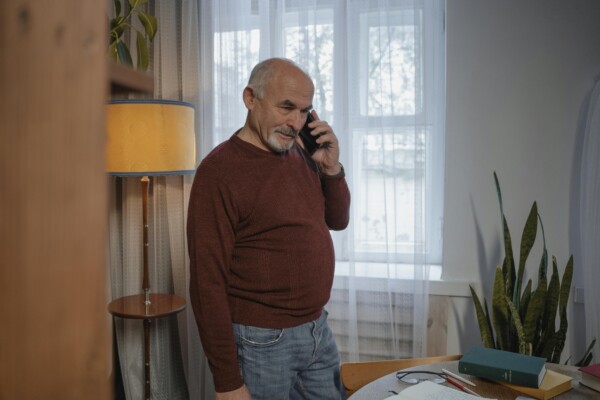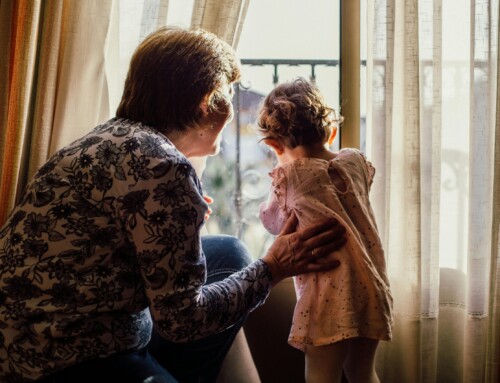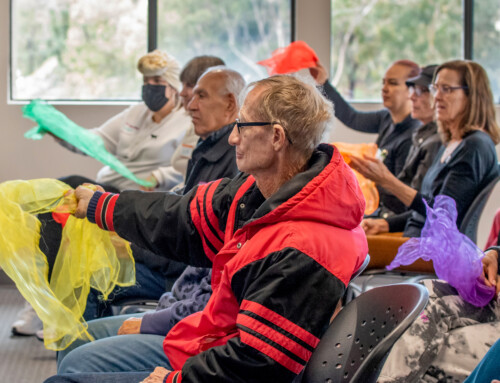
Clinical Care Coach Corner: Written by Nelly Gonzalez, MA
Nearly 90% of older adults prefer to remain in their current homes as they age, and individuals living with dementia are no exception. There are many reasons why this preference is common. Home feels comfortable, familiar, and safe. Living at home allows seniors to have more control over their daily life. About a quarter of American seniors live alone and this number is expected to grow in coming years. Living with memory loss implies that at some point aging alone will not be ideal, but while the person is living independently, steps can be taken to increase safety.
Common risks faced by solo agers include social isolation, fall risks, difficulty managing finances, wandering, mismanagement of medications, and increased food insecurity. These risks can lead to medical emergencies, involvement with law enforcement, and homelessness, amongst other concerns. It is never too early to have a plan in place to reduce these risks and lessen the probability of having a negative outcome. The following are general recommendations for solo agers or individuals that live alone and have memory loss.
Proactive Ideas & Tips for Living Alone with Memory Loss
Memory aids can help with keeping track of payments, appointments or conversations. Calendars, notebooks, phone reminders, pill organizers or dry erase boards with important information are all examples of memory aids.
Assess potential risks in the home and plan to prevent injuries, such as a fall or burns. Changes due to dementia including changes in vision, depth perception, following tasks with many steps, balance, and others, contribute towards accidents happening at home.
Identify people who could assist with a specific task and accept support. Often people in your life are able and willing to help when asked, especially when it is something they can incorporate into their routine. For example, a friend might be open to giving rides to the grocery store or a neighbor can assist with bringing the trash can out. If appropriate, begin designating people for different tasks sooner so that all get familiarized with the new routine.
If there are few friends or family close by, reach out to people in the community. Many individuals who visit senior centers, libraries, or churches often form meaningful connections.
Many people with dementia are quite independent during the early stages. Yet, once a person begins to experience memory loss, it is important to begin planning for the future. If you are unsure about what steps to take now to prepare for future needs – as well as learn more tips for living alone with memory loss – call us at 858.492.4400 to speak with one of our dementia experts who are here to help San Diego County residents and/or those caring for someone living in San Diego County (Spanish speakers available). Also check out our free education classes, social activities, care partner support groups, & more.
Our “Clinical Care Coach Corner” series is where our team of dementia experts weigh in on unique topics and provide insight that can help people impacted by dementia.
RECOMMENDED: Driving Safety for People Living with Dementia
Posted on August 12th, 2024






